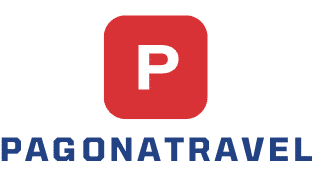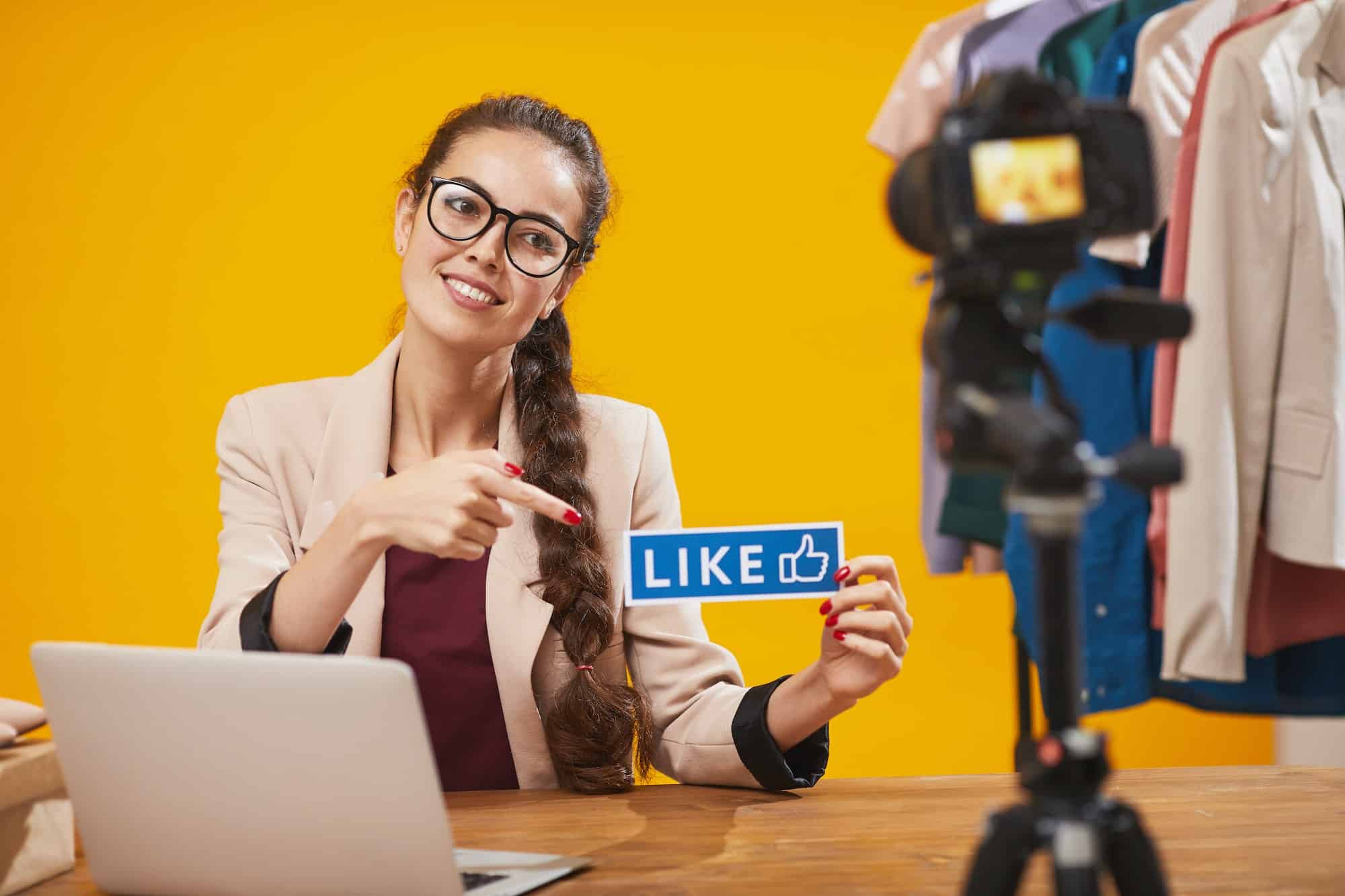In this age of digitalization, brands are fighting tooth and nail to leave an indelible mark on the minds of their consumers. The high-street beauty industry, where competition is cut-throat, is no exception. Cosmetics brands, especially niche ones, need to harness the power of current marketing trends to cut through the noise and get noticed. Among these trends, influencer marketing stands out as a game-changer. How can British niche cosmetics brands use influencer marketing to their advantage? Let’s delve into the details.
The Power of Influencer Marketing
Influencer marketing has revolutionized the way brands promote their products. It involves partnering with influencers – individuals who have a substantial following on social media platforms like Instagram and TikTok, and who can sway the purchasing decisions of their audience.
Have you seen this : How Can UK Legal Firms Utilize AI for More Efficient Due Diligence Processes?
The success of influencer marketing lies in the fact that consumers generally trust recommendations from individuals they admire or relate to, more than they trust advertisements. Influencers have cultivated relationships with their followers, who often view them as friends or role models. This creates a sense of trust that brands can leverage.
For beauty brands, this approach is particularly effective. Beauty influencers tend to have followers who are interested in their product recommendations and makeup tutorials. When these influencers vouch for a product, followers are likely to trust their endorsement and consider purchasing the item.
Topic to read : What Strategies Enable UK Small Businesses to Excel in Local SEO Rankings?
Identifying the Right Influencers
Choosing the right influencer for your brand is crucial. Not every influencer with a large following will be the right fit. It’s essential to partner with influencers who align with your brand values and can authentically promote your products.
Niche beauty brands in particular, need to focus on influencers within their specific industry. For instance, if your brand produces vegan beauty products, partnering with an influencer who promotes veganism or is passionate about cruelty-free products will help reach the right audience.
Moreover, sometimes, influencers with less followers, also known as micro-influencers, can have a highly engaged audience. If these followers align with your target demographic, a partnership with a micro-influencer could yield impressive results.
Creating Engaging Content
Content is king in influencer marketing. Even if brands have identified the perfect influencer for their campaign, they won’t achieve their desired results without engaging content.
When it comes to beauty products, influencers can create various types of content, such as makeup tutorials, product reviews, or beauty challenges. These types of content not only showcase the products but also educate the audience on how to use them, increasing the likelihood that consumers will be interested in purchasing.
It’s vital that the content feels genuine. Audiences are savvy and can tell when an influencer genuinely loves a product versus when they’re promoting it just because they’re getting paid. Authentic content will resonate more with the audience, leading to higher engagement and ultimately, more conversions.
Utilizing Social Media Platforms
Social media platforms are the lifeblood of influencer marketing. Brands need to understand the features and user demographics of each platform to effectively implement their influencer campaigns.
Instagram, with its visually-driven content, is ideal for beauty brands. Influencers can utilize features like IGTV for longer makeup tutorials or the Stories feature for quick product reviews. Instagram also has a predominantly young, female audience, which aligns with the demographic of many beauty consumers.
TikTok, on the other hand, is a newer platform that’s quickly gaining popularity among younger consumers. Its short, catchy videos are perfect for beauty challenges or quick makeup tutorials. The platform also encourages virality, so a successful campaign can quickly reach a large audience.
Leveraging User-Generated Content
User-generated content (UGC) is a valuable asset in influencer marketing. It involves content created by consumers, such as reviews, testimonials, or pictures and videos of them using a product.
UGC adds a layer of authenticity to a campaign. When potential consumers see real people using and loving a product, they are more likely to trust the brand and consider purchasing. Encouraging influencers to share UGC from their followers can boost engagement and lead to higher conversions.
Moreover, brands can also repurpose UGC on their own social media channels. This not only provides them with free content but also builds a community around their brand, fostering loyalty among their customers.
While influencer marketing is a powerful tool, it’s not a silver bullet. It requires careful planning, research, and monitoring to achieve success. However, by leveraging this strategy, British niche cosmetics brands can effectively engage with their target audience, boost their visibility, and ultimately crack the market.
Maximizing the Reach of Micro Influencers
The influencer landscape isn’t just about the individuals with millions of followers. More and more, brands are recognizing the value of micro influencers – content creators with a smaller, but often more engaged and loyal, following.
Micro influencers, typically those with fewer than 100,000 followers, have a more intimate relationship with their followers, which can lead to greater trust and higher engagement rates. They are seen as more relatable and authentic compared to mega influencers, which can greatly benefit niche cosmetics brands aiming to establish their presence in the beauty industry.
Their smaller scale also often allows for more personalized and creative content, as well as more direct engagement with followers. Whether it’s through answering comments, engaging in conversations, or creating content based on follower requests, this direct interaction makes their endorsement of a product feel more genuine.
Given their smaller follower count, partnering with multiple micro influencers can be a cost-effective strategy, allowing brands to reach a diverse audience while still maintaining the authenticity and engagement of influencer marketing. This strategy can also help brands tap into various influencer niches, reaching a wider target audience and creating better brand awareness.
Collaborating with Industry Leaders
In addition to working with influencers, it can be beneficial for niche cosmetic brands to collaborate with industry leaders. Collaborations can take many forms, such as limited-edition product collections, co-hosted events, or shared content on social media.
Collaborations with respected industry figures can enhance a brand’s reputation, elevate its standing in the eyes of consumers and increase its reach. They can provide opportunities for brands to tap into a new audience and increase their visibility.
When planning a collaboration, it’s essential to choose partners whose brand values align with yours. A genuine partnership based on shared values will resonate more with consumers and have a higher likelihood of success.
This strategy not only boosts the brand’s credibility but also creates a buzz in the market that increases consumer interest. Collaborations are an effective marketing strategy to gain a competitive edge in the high-street beauty industry.
Conclusion: Building a Successful Influencer Marketing Strategy
In conclusion, leveraging influencer marketing can be a powerful tool for British niche cosmetics brands looking to stand out in the competitive beauty industry. From identifying the right influencers to creating engaging content, utilizing various social media platforms, maximising the reach of micro influencers, leveraging user-generated content and collaborating with industry leaders – these are key elements in building a successful influencer marketing strategy.
However, it’s essential to remember that influencer marketing isn’t merely about one-off product promotions. It’s about building relationships – with influencers, industry leaders, and most importantly, with consumers. By understanding and adapting to consumer behaviour, brands can create authentic and engaging campaigns that resonate with their target audience and increase brand awareness.
Influencer marketing certainly isn’t a quick fix, it requires careful planning, continuous adaptation and in-depth understanding of both the influencers and the target market. But when done right, it can provide a significant return on investment, helping niche cosmetics brands make a significant impact on the market and leave a lasting impression in the minds of their consumers.











